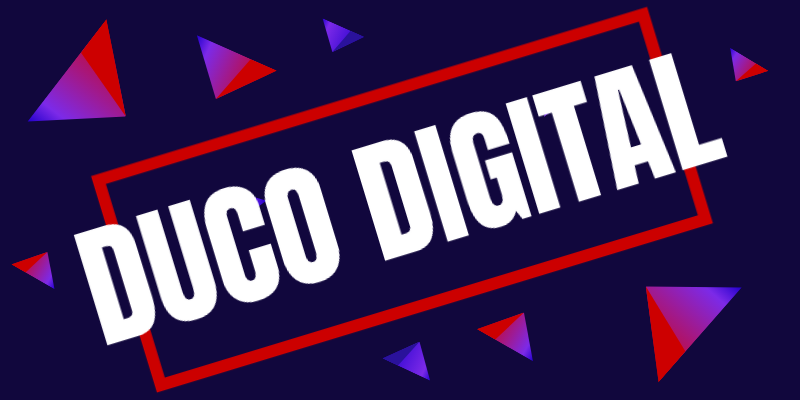How To Avoid Getting Your Social Media Hacked In 2022
It is becoming more and more common for you to get your social media hacked. But there are things you can do to mitigate the risk and keep your social media from getting taken over by someone else. You need to choose the best answer to your security question. Often, social media accounts are hacked because of poor answers to security questions, not because of cracking the password itself. Use a unique password for each site. Using the same password for all websites is probably the biggest threat to compromise your social media accounts. Even if your social media passwords are strong and secure, your account can still be hacked. When we reuse passwords, we make ourselves vulnerable to hackers.
One of the reasons hackers get in is because people use simple, easy to guess passwords and reuse passwords for multiple accounts. When accounts are hacked, attackers often add a number that can later be used to change the account's password. Usually, accounts get "hacked" because someone somehow got hold of your password. Hackers usually change your password right away, but sometimes you'll get lucky and still be able to access your Instagram account through your saved login.
Change your password again, now that you know that hackers (in theory) no longer have access to your Facebook account. If you are unable to log in to your Facebook account, try sending yourself a password reset email and recovering your account through your registered email address. If you are unable to log into your Twitter account, try resetting your password using the password reset form. If you believe one of your social media channels may have been compromised, check your account information to see if any email address other than yours has been accessed.
Pay attention to what you share on social media, especially your date of birth or the information banks use to verify lost accounts or passwords. Do not use an easily guessed email address, such as [email protected], to access sites containing sensitive information (such as online banking). Your Twitter password must not be the same as your online banking password; your home Wi-Fi network does not need to use the same credentials as your Amazon account. All passwords you use for your online accounts must be strong and unique.
To ensure the security of all your accounts, please do not repeat your password. While you may not want to enter your password every time you log in, you should set a password to lock your phone and prevent unauthorised use of your social media accounts. It goes without saying, but if you share your password with other people, your account will never be completely secure.
When you use your social network account to log into another site or application, you often end up sharing a lot of information, which opens up a potential vulnerability: if that application is hacked, attackers now have the information to enter your other. an account from which they will get even more information about you. Gets is bad for Facebook in particular because people often use Facebook to access other things, so if someone is logged into your Facebook account, they also have access to a lot of other things. The use means that a Facebook hacker can also access your smartphone, online file storage, email, Amazon account, Smart TV, Google Maps history, social media...pretty much your life. Hackers can use certain phone features to get information, location or connection.
If hackers break into your social media account, they can access your hometown, family members' names, date of birth, address, city, and even details such as your pet's name. They can also spam your friends, post under your name, log into your other accounts with the same password, and so on. Even if you have an easy-to-guess password (we'll get to that shortly), an attacker is unlikely to gain access to an account with multi-factor authentication enabled if they don't have your phone.
Make sure to use a different password for each social media account and change it at least twice a year. We know it's impossible to remember different passwords for each account, so keep them the same (or slightly different). Instead, use a password manager app or other medium to securely share passwords.
Use two-factor authentication whenever possible to secure your accounts. If someone gets your password and tries to log in from an unknown device or location, they will be prompted to verify their identity with an authentication code. Losing access to your social media accounts is bad enough, but your email is the holy grail for hackers, so change your email password regularly (every 1-3 months) and change it every time it happens. With all those accounts, passwords, and security questions associated with it, it's easy to settle for cybersecurity. Phishing. While many people are able to identify phishing attacks, more sophisticated attacks are quite difficult to crack, especially when used in conjunction with social engineering.
Helpful Links:
https://www.nortonlifelock.com/blogs/corporate-responsibility/prevent-instagram-hacks
https://www.pandasecurity.com/en/mediacenter/security/avoid-getting-hacked-2022/
https://www.linkedin.com/pulse/5-tips-protect-your-social-media-accounts-from-being-dhaliwal-mba
https://www.topfloortech.com/blog/how-to-prevent-hacking-on-social-media/
https://www.abc.net.au/everyday/how-to-keep-hackers-out-of-your-social-media-accounts/11524776
https://www.businessnewsdaily.com/6984-social-media-account-security.html
https://www.newsnationnow.com/banfield/how-to-prevent-your-social-media-accounts-from-being-hacked/
https://bigboost.marketing/avoid-getting-hacked/
https://www.savethestudent.org/extra-guides/32-ways-avoid-cyber-hacked.html
https://www.getidee.com/blog/why-twitter-got-hacked-and-how-to-prevent-it
https://techcrunch.com/2022/02/24/facebook-hacked/
https://www.wired.com/story/how-to-prevent-getting-hacked/
https://www.socialstamina.com/blog/5-ways-to-keep-your-social-media-safe-from-hackers


